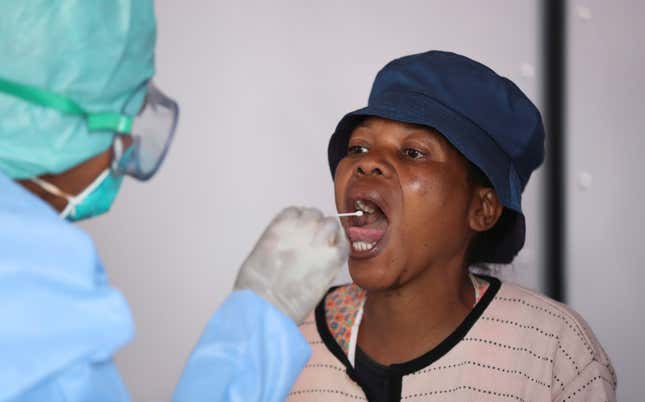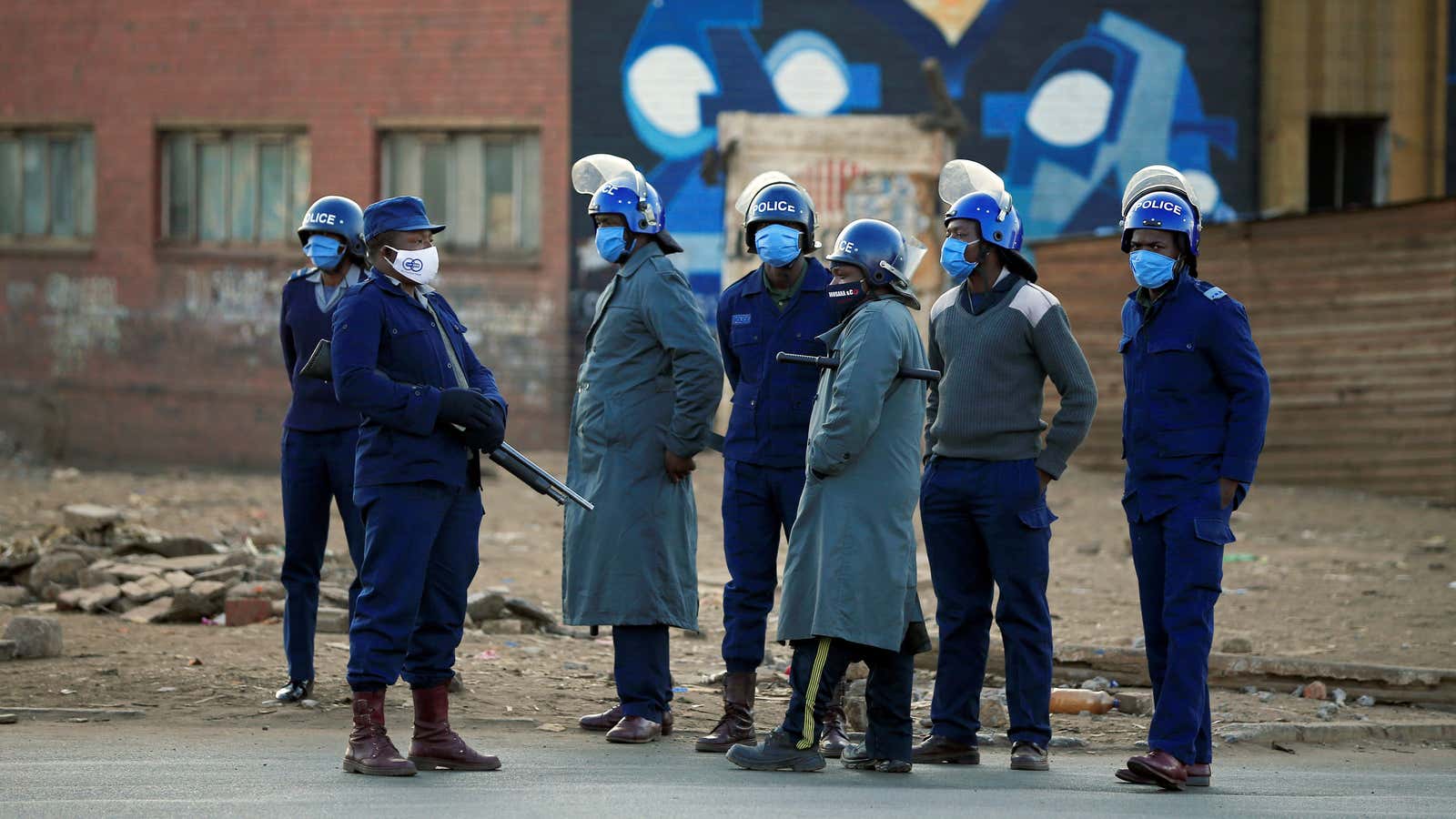Aug. 7 marked a notable date in Africa’s fight against the spread of the coronavirus pandemic as the continent passed one million confirmed cases.
Over the past 175 days since the first case was confirmed in Egypt, the disease has spread to every African country, resulting in over 23,000 deaths. Yet, experts fear the worst is yet to come as there has been a notable “acceleration” in the spread of the virus: confirmed cases more than doubled in July alone.
Much of those fears are linked to the low levels of testing as governments across the continent struggle with acquiring testing supplies to match local needs. Only 16 countries on the continent have conducted more than 100,000 tests while only three—South Africa, Morocco and Ethiopia—have conducted over half a million tests. Meanwhile, Nigeria, home to around 200 million people, has only conducted around 1,500 tests per million people.
Even though bodies like the IMF and Bill & Melinda Gates Foundation among others have tried to support low income countries in Africa with a mix of debt relief programs to direct contributions, many African countries have still struggled to get hold of sufficient Covid-19 tests to track the epidemic efficiently.

One stat captures Africa’s current testing problem: while the World Health Organization recommends a testing positivity rate of 5% or lower for at least 14 days before lifting coronavirus-related restrictions on movement, of the ten African countries with the highest cases, only two have positivity rates lower than that threshold.
And as more economies reopen across the continent, a lack of adequate testing capacity means these countries risk losing track of the spread of the virus, putting already stretched public health systems under even more burden. It’s a risk compounded by the reality that African countries are unlikely to have access to Covid-19 vaccines for up to a year after approval given production constraints and an ongoing scramble by wealthier countries to secure vaccine supplies.
“The data shows that governments are not testing enough with growth in positivity rates exceeding the growth in testing in many places. Countries are not keeping up with the virus,” Tim Bromfield, regional director, East and Southern Africa at the Tony Blair Institute for Global Change said in an emailed statement.
Given the lack of testing and the possibility of cases—and transmission—going undetected, Michelle Gayer, director of emergency health at the International Rescue Committee says “the world really does not know the scale of the disease on this continent.”
“This is making it extremely difficult to mitigate the spread of Covid-19 and launch a strategic, comprehensive response…we are fighting this disease in the dark,” she says in a statement. Those fears are likely worsened by the impact of Covid-19 related misinformation and the sheer lack of relevant data in some quarters: Tanzania has not published Covid-19 related data since late April.
The good news for now, is that the impact of the pandemic (in terms of fatalities) is believed to have been tempered by Africa’s relatively young population. But it remains to be seen if that trend will hold up in the event of sharp increases in case numbers, as experts predict.
For its part, the Covid-19 Action Fund for Africa, a coalition of more than 30 private organizations, is focused on ensuring public health systems and workers across the continent can manage the eventuality of a sharp spike in cases and patients. The fund, which has raised $12.5 million, is procuring 60 million pieces of personal protective equipment for community health workers across 24 African countries.
Sign up to the Quartz Africa Weekly Brief here for news and analysis on African business, tech and innovation in your inbox
